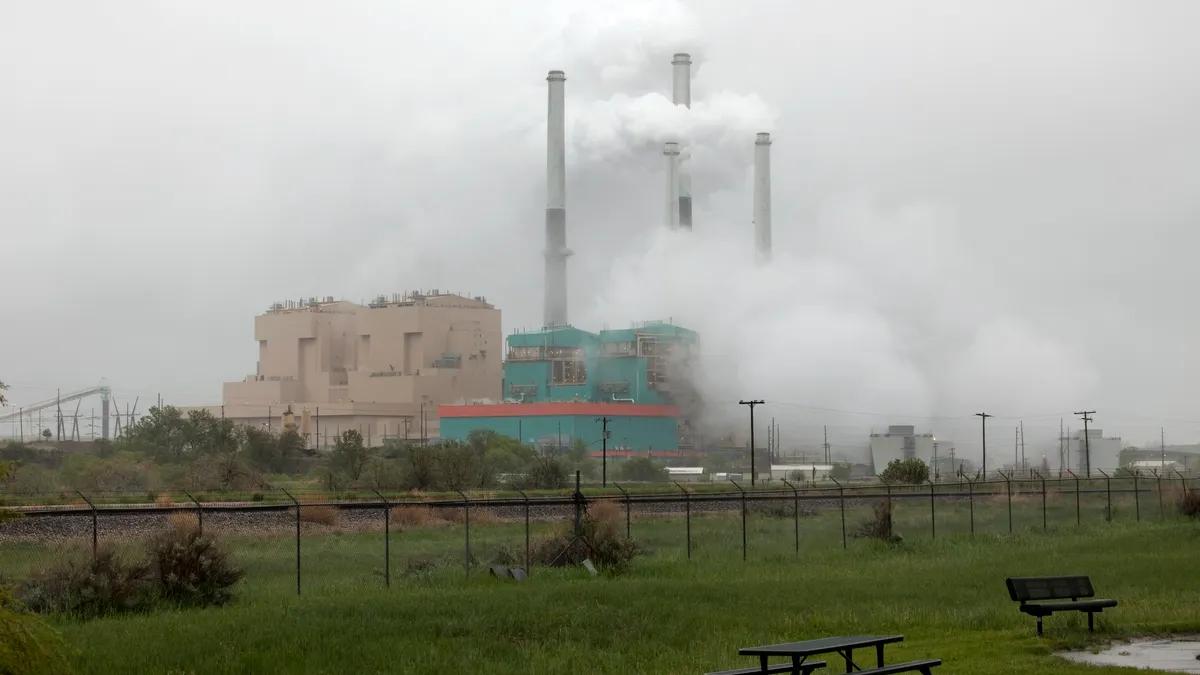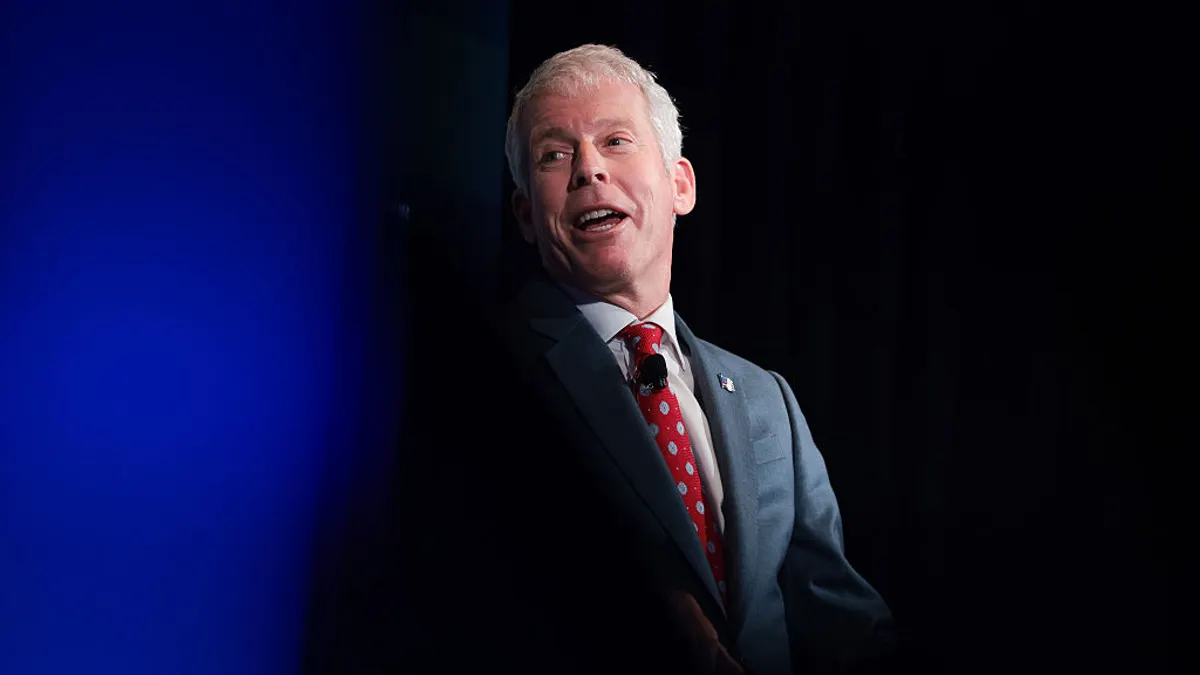PacificCorp's effort to keep its coal resources study private is spilling over into the courts.
The utility has faced pressure from groups such as Sierra Club to publicly reveal its assessment of its coal resources, completed last year for Oregon regulators.
While the environmental group says ratepayers and their advocates should have access, the utility says keeping the information private is common practice and helps ensure rational decision making.
Without data from the utility, Sierra Club says its research is the only way the public can be informed. A study for the environmental group completed earlier this summer by consulting firm Energy Strategies, asserts that PacifiCorp's continued reliance on its coal-fired generation fleet is costing consumers hundreds of millions of dollars more than a cleaner portfolio.
Of PacifiCorp's 24 coal units, 11 units run at a higher cost than purchasing energy from the wholesale market, Sierra Club noted. Using solar and wind purchase replacement options, the savings could go higher, they say.
PacifiCorp spokesman Bob Gravely told Utility Dive that the Integrated Resource Plan (IRP) process looks at "all the real-world factors" that go into determining the least-cost resources, and takes into account factors like reliability.
"The IRP process is very thorough and very public, and that's what guides our resource decisions — not one-off studies," Gravely said, referring to Sierra Club's analysis.
An Administrative Law Judge at the Oregon Public Utilities Commission has ruled in favor of PacifiCorp's request to keep the information secret, and the commission will hold a closed-door meeting in two weeks with those who have signed non-disclosure agreements to view the study.
"We find it odd that the same Commission that demanded this study be conducted is also now hiding its key findings from customers," Sierra Club's Marta Stoepker told Utility Dive in an email.
In Washington, regulators intended to release the information but PacifiCorp asked a court to block that move. A hearing will be held Sept. 7 in a Washington Superior Court, pitting the utility against Sierra Club and the Washington Utilities and Transportation Commission.
In a filing with the court, PacifiCorp argued that "disclosure of the confidential Coal Analysis will also cause a private loss and substantial and irreparable harm to PacifiCorp and its customers by placing the company at a competitive disadvantage in the marketplace."
Sierra Club says that explanation doesn't hold water. "Overall, PacifiCorp hasn't explained why they won't be transparent about their findings. They’ve mostly dodged the question," Stoepker said.
Not so, says PacifiCorp. "All we've argued for is consistency with how this kind of information has been treated, going back ot he beginning of wholesale power markets," said Gravely. "If just released on its own, it can be taken out of context ... and not provide a complete picture of when these coal plants may or may not retire."
Gravely said the Sierra Club study did not consider necessary transmission expenses or the costs involved with replacing the power — information the IRP takes into account. As for the utility's study, Gravely said the participating parties all have access and "can use it in making their arguments in the IRP and other processes."
Sierra Club says coal units can be replaced
While PacifiCorp argues Sierra Club's report is incomplete and too-rosy, absent its assessment the utility struggles to counter the claims — namely that about half of its coal units can economically be replaced with cleaner alternatives.
If PacifiCorp were to replace the power in wholesale markets, Sierra Club's report finds 11 coal units could be replaced at a savings of $680 million compared with running the units from 2023 until each's planned retirement.
For solar purchase replacement options, Sierra Club found 12 coal units run at a higher cost, with $700 million in potential savings. When wind power is considered, the results are striking: 20 coal units run at a higher cost than wind energy over their anticipated lives, the group said, with $2.8 billion in potential savings.
Cesia Kearns, Western Deputy Director of the Sierra Club’s Beyond Coal Campaign, said in a statement that the Energy Strategies report "clarifies what so many of us already know."
"The rise of clean energy is making PacifiCorp’s coal plants increasingly uneconomic," said Kearns. "This massive utility has no real plans to protect its customers from rising coal costs. ... There are better options on the table. This report makes that clear. It’s time that PacifiCorp take those options seriously.”





















